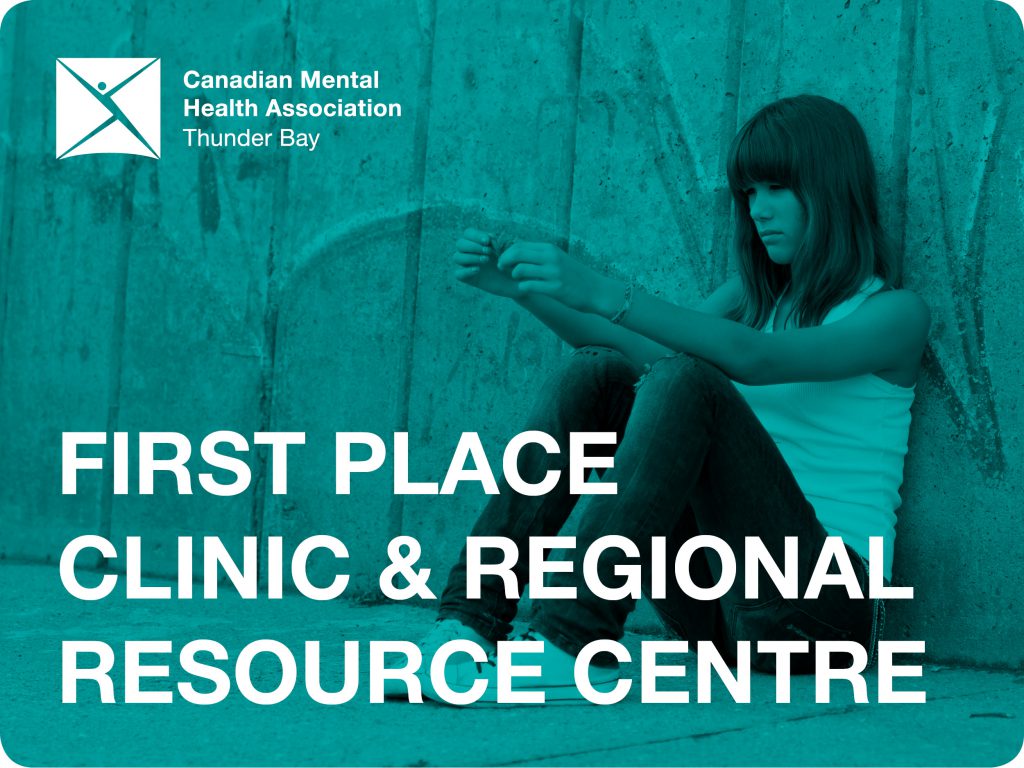Menu
Close

First Place Clinic and Regional Resource Centre
Aug 8, 2022
First Place Clinic and Regional Resource Centre is an early psychosis intervention program that offers treatment and support for individuals and families who may be experiencing early psychosis. Treatment is provided by a team of mental health professionals who focus on helping individuals work towards their personal goals and get their life back on track.
First Place Clinic and Regional Resource Centre is a member of the network of Early Psychosis Intervention Programs in Ontario (EPION) that is research and evidence based care. We participate as 1 of 6 sites in EPi-Set: a project that aims to improve the delivery of early psychosis intervention care in Ontario.
We at the Clinic also support the delivery of the NAVIGATE model of care, which is an evidence based treatment program that focuses on recovery of youths and emerging adults with an early episode of psychosis. It also provides support and education to their families.
First Place Clinic Brochure (pdf)
Eligibility
- 14 to 35 years of age – Eligibility for individuals who fall outside the 14-35 age range will be assessed on a case by case basis.
- First episode of psychosis – first experience with psychosis or no history of treatment or treatment was started less than a year ago.
- Willing and able to access community based treatment services for psychosis
- Absence of organic brain disorder/impairment
Regions
First Place Clinic serves the following areas: the entire Northwestern Ontario region (Area coverage shaded in blue. It is 1 of 6 Ontario Health regions.)

(Image Resource: https://www.ontariohealth.ca/our-work/programs/ontario-health-regions/ontario-health-north-west)
How do I apply?
First Place accepts referrals from the following areas:
- Family members or caregivers (with consent);
- Friends (with consent);
- Individuals;
- Heath Care Providers;
- Social Workers, Educators, Counsellors.
*You may also pick up a hard copy referral form at the clinic, or call us to have one
emailed or faxed to you.
Contact
For more information or to make a referral please contact First Place Clinic at 807-345-0060.
Hours of Operation
Monday through Friday
9:00 a.m. – 5:00 p.m.
Email: [email protected]
Fax: 807-345-0030
Address:
28 Cumberland Street North,
Suite 500,
Thunder Bay, Ontario,
P7A 4K8
What Is Psychosis?
- Psychosis affects approximately 3% of the population.
- It is a brain illness, which is a serious but treatable medical condition.
- It is characterized by changes in a person’s way of thinking, perceiving, believing and/or behaving.
- It can affect a person’s ability know what is real or not real.
- It can develop gradually or come on suddenly.
- First episodes of psychosis generally develop in young people in their adolescence to young adulthood
Symptoms of Psychosis
Early warning signs can include changes in feelings, thoughts and behaviors. Early warning signs vary for each individual. Common early warning signs are:
- Reduced concentration and attention
- Lack of motivation and energy
- Sleep disturbance
- Anxiety, irritability or changes in mood
- Social withdrawal and isolation
- Suspiciousness
Symptoms of psychosis in the acute phase are:
- Hallucinations: Seeing, hearing, smelling or tasting things that are not present.
- Delusions: False beliefs or paranoia. Strange or unrealistic thoughts and ideas. Having special abilities or “powers”.
- Trouble processing thoughts. Feeling confused with daily tasks. Changes in school or job performance. Unusual behaviors. Changes in relationships.
- Decreased motivation or drive. Little display of emotions. Decreased ability to start and complete tasks.
How Is Psychosis Treated?
Early intervention of psychosis involves detection, sustained treatment with education and relapse prevention. Early intervention focuses on the goal of seeing the individual return to former level of functioning prior to their psychotic episode. Potential benefits of early intervention include: reduced problems at work or school, maintaining of social skills and relationships, decreased need for hospitalization, more rapid recovery, less family distress or disruption and lower risk of relapse.
Early intervention usually includes the use of low dose anti-psychotic medication to treat psychosis, education and support for both the client and family, and ongoing support for the individual that promotes hope for recovery and wellness.
Psychosis Is Treatable and Recovery Is Expected
Early psychosis intervention has been found to be so effective that the seriousness of a psychotic episode can be greatly reduced, and possibly avoided if treatment is started quickly and appropriately. The sooner intervention begins the better the results.
Psychosis does not disappear on its own. Instead, if left untreated, the condition can worsen and severely disrupt the lives of individuals and families.
If you suspect psychosis, don’t ignore it.
- Talk to your family doctor.
- Ask questions. Be persistent!
- Educate yourself. Get the facts.